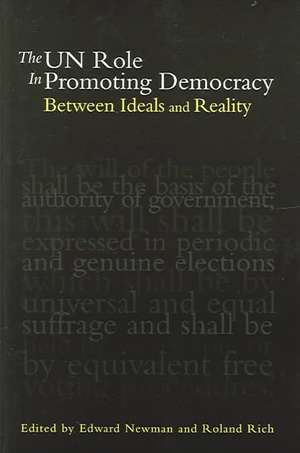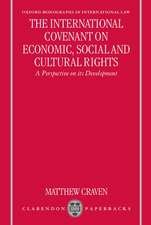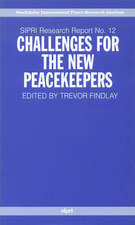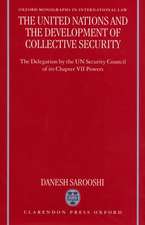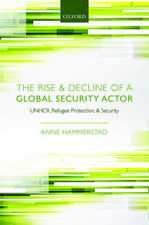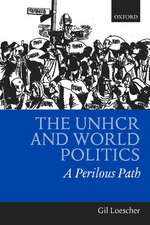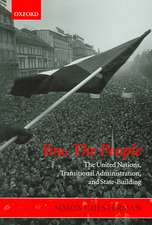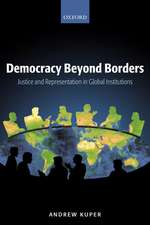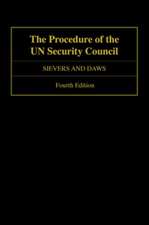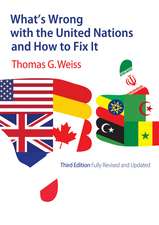The UN Role in Promoting Democracy: Between Ideals and Reality
Editat de Edward Newman, Roland Richen Limba Engleză Paperback – 16 sep 2004
The role of the UN in the promotion of democracy is significant but also sometimes problematic. Almost a third of its members have requested its assistance in conducting elections, and it is supporting a new wave of democracy—although not without difficulty—in places such as East Timor, Afghanistan, Cambodia, and Kosovo. This book considers the effectiveness and controversy of the UN's work in promoting and assisting democracy. It asks if the UN can help to build the foundations of democracy and whether, as an external actor, it can have a substantive positive impact upon the development of democratic governance inside societies. Set against a background of political science and international relations, The UN Role in Promoting Democracy explores how the ideals of democracy interact with the realities of power in the international arena and in the societies in which the UN works. The book provides a timely analysis of the prospects and limitations of the UN's work, and of the broader field of democracy promotion.
Preț: 268.12 lei
Nou
Puncte Express: 402
Preț estimativ în valută:
51.31€ • 53.81$ • 42.71£
51.31€ • 53.81$ • 42.71£
Carte tipărită la comandă
Livrare economică 01-15 aprilie
Preluare comenzi: 021 569.72.76
Specificații
ISBN-13: 9789280811049
ISBN-10: 9280811045
Pagini: 370
Dimensiuni: 156 x 235 x 21 mm
Greutate: 0.54 kg
Ediția:New.
Editura: Brookings Institution Press
Colecția United Nations University Press
Locul publicării:Japan
ISBN-10: 9280811045
Pagini: 370
Dimensiuni: 156 x 235 x 21 mm
Greutate: 0.54 kg
Ediția:New.
Editura: Brookings Institution Press
Colecția United Nations University Press
Locul publicării:Japan
Notă biografică
Edward Newman is the director of studies on conflict and security in the Peace and Governance Program of the United Nations University. Roland Rich is the director of the Centre for Democratic Institutions at the Research School of Social Studies, Australian National University.
Descriere
The role of the UN in the promotion of democracy is significant but also sometimes problematic. Almost a third of its members have requested its assistance in conducting elections, and it is supporting a new wave of democracy—although not without difficulty—in places such as East Timor, Afghanistan, Cambodia, and Kosovo. This book considers the effectiveness and controversy of the UN's work in promoting and assisting democracy. It asks if the UN can help to build the foundations of democracy and whether, as an external actor, it can have a substantive positive impact upon the development of democratic governance inside societies. Set against a background of political science and international relations, The UN Role in Promoting Democracy explores how the ideals of democracy interact with the realities of power in the international arena and in the societies in which the UN works. The book provides a timely analysis of the prospects and limitations of the UN's work, and of the broader field of democracy promotion.
